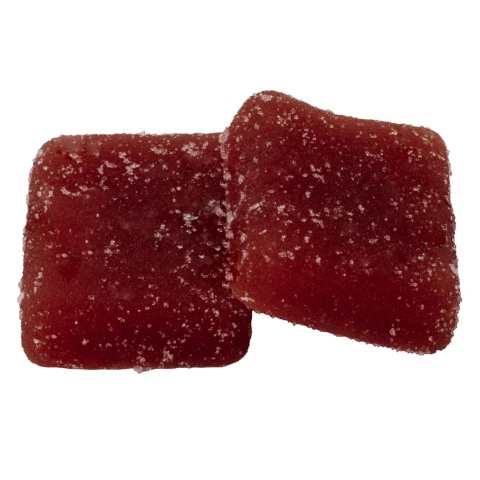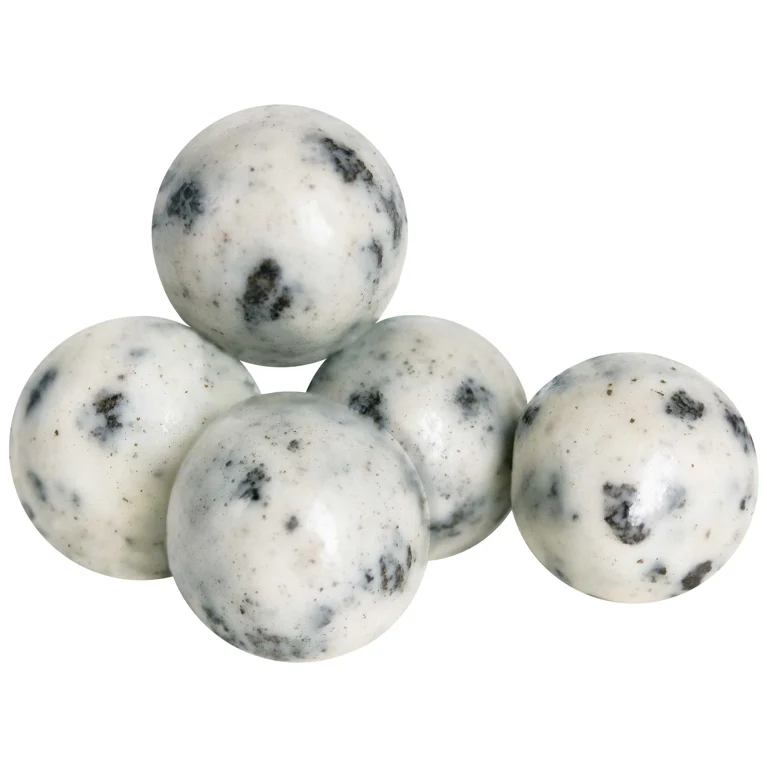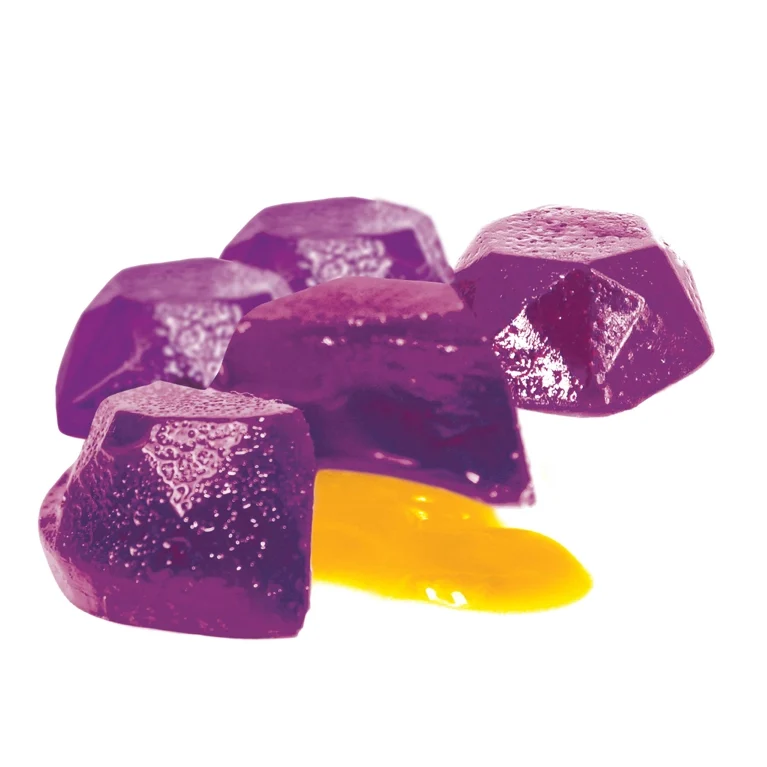GET BAKED WITH THE UK’S NEW BOUJEE WEED EDIBLE MAKERS!
Consuming cannabis isn’t a recent trend—historians suggest our Stone Age ancestors were already indulging in cannabis flowers some 50,000 years ago.
However, the methods of ingestion have evolved significantly over time, especially in the UK where a new wave of sophisticated weed edible makers has emerged.
The Rise of Boujee Edibles in the UK
Until recently, weed edibles remained largely underground, enjoyed primarily by social media-savvy millennials and Generation Zers. However, their profile surged into the mainstream spotlight when a viral video showcased Clapham postal workers struggling comically after accidentally consuming a batch of hash brownies left unattended at their delivery office.
In contrast to the clandestine operations of the past, these new edible creators are coming out of the shadows with professionalism and pride. They present themselves as chefs and chocolatiers, complete with well-curated social media profiles showcasing tantalising images of cakes, gummies, and other infused treats. Some even distribute business cards and actively engage with customer reviews, creating a vibrant and visible presence in the market.
Meet Katie: A Cannabis Entrepreneur
Katie, a middle-aged woman and prescribed cannabis patient, embodies this new wave of entrepreneurs. Forced to pivot during lockdown after losing her tech job, she ventured into the world of weed edibles.
Her offerings, which she describes as “afternoon tea” delights, include scones, jam, hot chocolate, and fudge, catering to a discerning clientele seeking elevated cannabis experiences.
The Future of Edibles in the UK
As the popularity of weed edibles continues to grow, questions arise about the regulatory landscape. Will these innovative businesses face legal challenges, or will they thrive under evolving regulations?
For now, these artisanal makers are shaping a niche market, blending culinary finesse with cannabis culture, and reshaping perceptions of recreational and medicinal cannabis use in the UK.
Katie’s Approach to Cannabis Edibles: Empowering Women and Promoting Accessibility
Katie, a middle-aged entrepreneur and cannabis patient, has carved out a niche in the UK’s burgeoning market for cannabis edibles. Her motivation? To provide a welcoming option for individuals like herself, primarily women seeking cannabis for pain relief.
Creating a Welcoming Experience
“I wanted to create something a little less intimidating for people in my demographic to approach,” Katie explains. Her offerings, such as the popular ‘cream tea for two’ package priced from £55, include four scones, a pot of jam, and a pot of sugar.
Customers can choose the strength of cannabis infused in both the scones and the sugar, catering to individual preferences and needs.
Serving a Diverse Clientele
Interestingly, Katie’s clientele isn’t limited to those seeking pain relief. She notes a significant number of chefs among her customers, many of whom use her edibles not only for relaxation but also to manage addiction issues, such as those stemming from alcohol or other substances.
Balancing Accessibility with Responsibility
While Katie promotes her products through an Instagram showcase, she maintains strict guidelines for sales. “I would never sell it to someone I didn’t know – it’s too risky for lots of reasons,” she asserts, reflecting her commitment to responsible distribution.
This dedication extends to ensuring her products do not reach minors, a concern highlighted by reports of under-18s hospitalized due to improperly regulated cannabis-infused sweets.
Professionalism in an Evolving Market
In an industry increasingly defined by professionalism and quality, Katie stands out by renewing her food hygiene certificate and upholding high standards in product presentation and customer service. Her approach mirrors that of other premium edibles makers in the UK, who prioritize factors such as bioavailability and shelf life to build trust and reliability among their customer base.
As the landscape of cannabis consumption evolves, entrepreneurs like Katie continue to shape perceptions and practices, making cannabis edibles more accessible while advocating for responsible use and regulatory oversight.
Despite a tentative relaxation of some UK regulations in recent years, businesses in the cannabis edibles sector still operate outside the law.
While there have been steps like the legalization of medical cannabis, which remains prohibitively expensive for many, and the introduction of drug diversion schemes aimed at steering minor offenders away from the criminal justice system, these operations remain technically illegal.
The best Netflix shows about food to watch when you’re high!
Legal Ambiguity and Enforcement Priorities
“In terms of police priorities, there is growing awareness of drug sales via social media,” explains Harry Sumnall, a professor specializing in substance use at the Public Health Institute.
However, enforcement efforts tend to focus more on messaging platforms like Snapchat, with some attention also on TikTok. The National Crime Agency’s emphasis has been on combating exploitation, particularly through these messaging services, rather than direct sales accounts.
Regional Variations and Strategies
In 2021, Scotland launched its own diversion scheme in response to a surge in drug-related deaths. This regional approach reflects varying strategies across the UK in managing drug offenses and addressing associated public health concerns.
As the landscape continues to evolve, cannabis edibles businesses navigate a complex legal environment, balancing innovation and consumer demand with the potential risks of enforcement actions.
Navigating Legal Grey Areas: The Reality for Cannabis Edibles Businesses
While the UK has seen some relaxation of cannabis laws, businesses in the edibles sector still operate in a legal grey area. Harry Sumnall, a substance use expert at the Public Health Institute, suggests that enforcement priorities may not heavily target small-scale operations like those on Instagram unless they involve significant criminal intelligence.
Social Media and Regulatory Challenges
Sumnall speculates that pressure may shift towards social media platforms themselves rather than individual sellers. Instagram, for instance, has partnered with FRANK, the government’s drug advice service, to provide warnings and links to support resources when users search for drug-related terms.
Katie’s Perspective: Resilience and Advocacy
When asked about legal concerns, Katie, undeterred, reflects on her years as a cannabis activist and patient. “Meh,” she responds casually. “If they catch me, they catch me. It’s not worse than five years ago.” Her nonchalant attitude stems from her commitment to advocating for cannabis use openly.
Diverse Perspectives in the Industry
However, not everyone shares Katie’s cavalier outlook. Some makers, particularly those in the psilocybin edibles sector, are more cautious about discussing their operations.
Henry Fisher from Clerkenwell Health notes a growing interest in psychedelic substances, akin to the surge in cannabis popularity seen years ago, driven by both scientific research and shifting cultural perceptions.
As the landscape evolves, cannabis and psychedelic edibles businesses navigate a complex interplay of legality, public perception, and regulatory scrutiny, shaping the future of these industries in the UK.
The Future of UK Cannabis Edibles
Lily Temperton, a consultant at Hanway Associates, highlights that the UK’s cannabis edibles culture is on a trajectory mirroring developments in the US market. According to forecasts, the US weed edibles sector is set to expand significantly from $2.37 billion in 2018 to $11.56 billion by 2025.
Temperton notes that the UK is approximately five years behind, with the US leading in innovative products such as low-dose edibles and rapid onset formulations.
Anticipating Legalisation and Industry Growth
Looking ahead, there’s speculation among UK edibles makers about the eventual legalisation of recreational cannabis, akin to countries like Canada, Germany, Uruguay, and Mexico. While currently operating in a legally ambiguous environment, these entrepreneurs are positioning themselves for a future regulatory framework.
“We hear inklings of change and anticipate its arrival,” shares one edibles baker optimistically. “Acknowledging our role in an essential industry, we’re focused on advancement and preparation for what’s to come.”
Katie’s Vision: Advocacy and Preparation
Katie, with a more direct approach, outlines her motivations clearly: “I have three reasons for doing this: providing accessible options for patients put off by high medical costs, generating additional income, and laying groundwork for the future. I aim to establish a reputable brand now, so when legalisation inevitably occurs, I can transition into a professional, lawful edibles business.”
As the UK navigates towards potential regulatory shifts, the cannabis edibles sector remains dynamic, driven by innovation, patient advocacy, and anticipation of broader legalisation. These efforts reflect a growing alignment with global trends and consumer demand for diverse, regulated cannabis products.
Disclaimer: This article provides information for educational purposes only and should not be considered medical advice. Always consult with a healthcare professional before using any THC related product.









